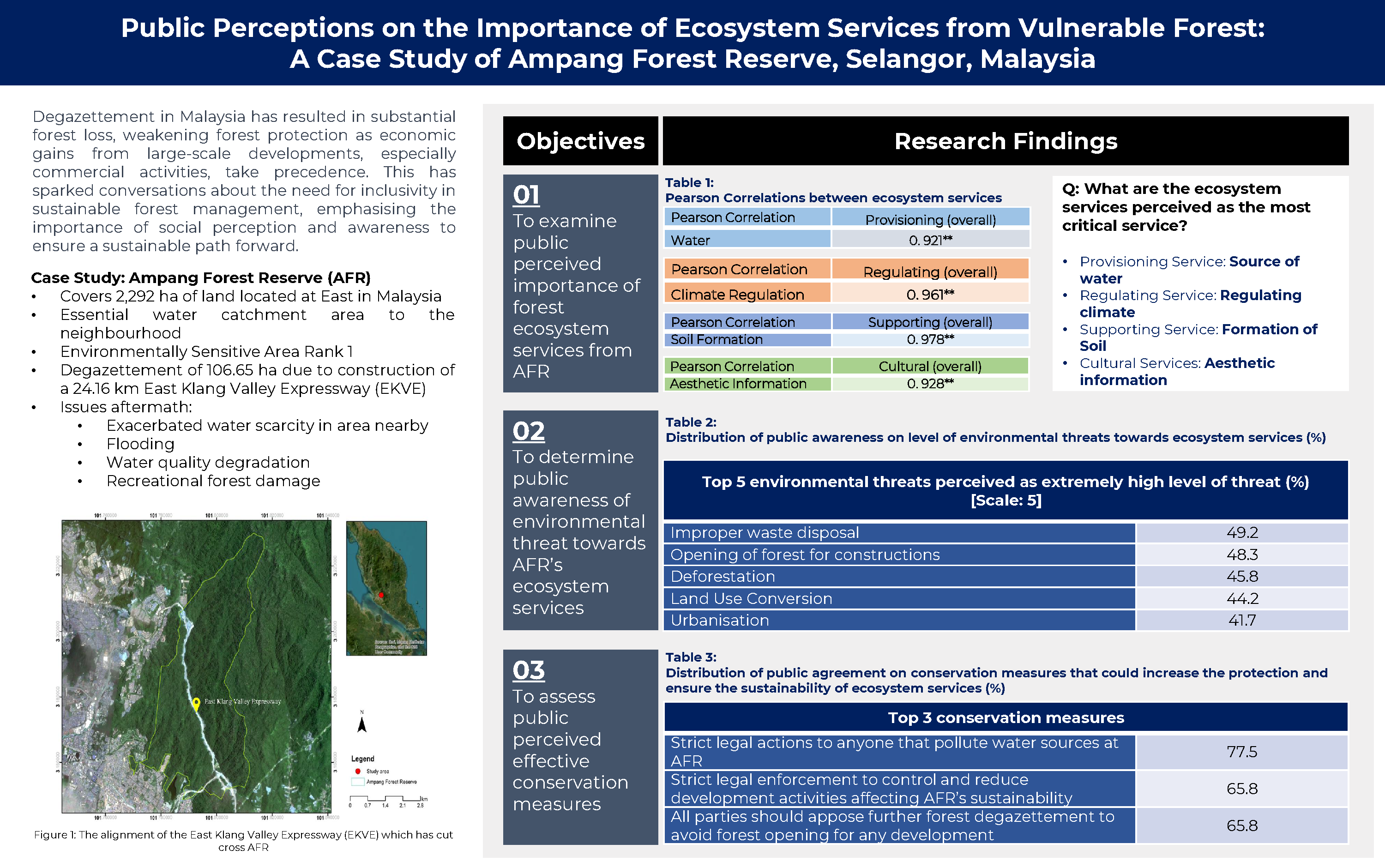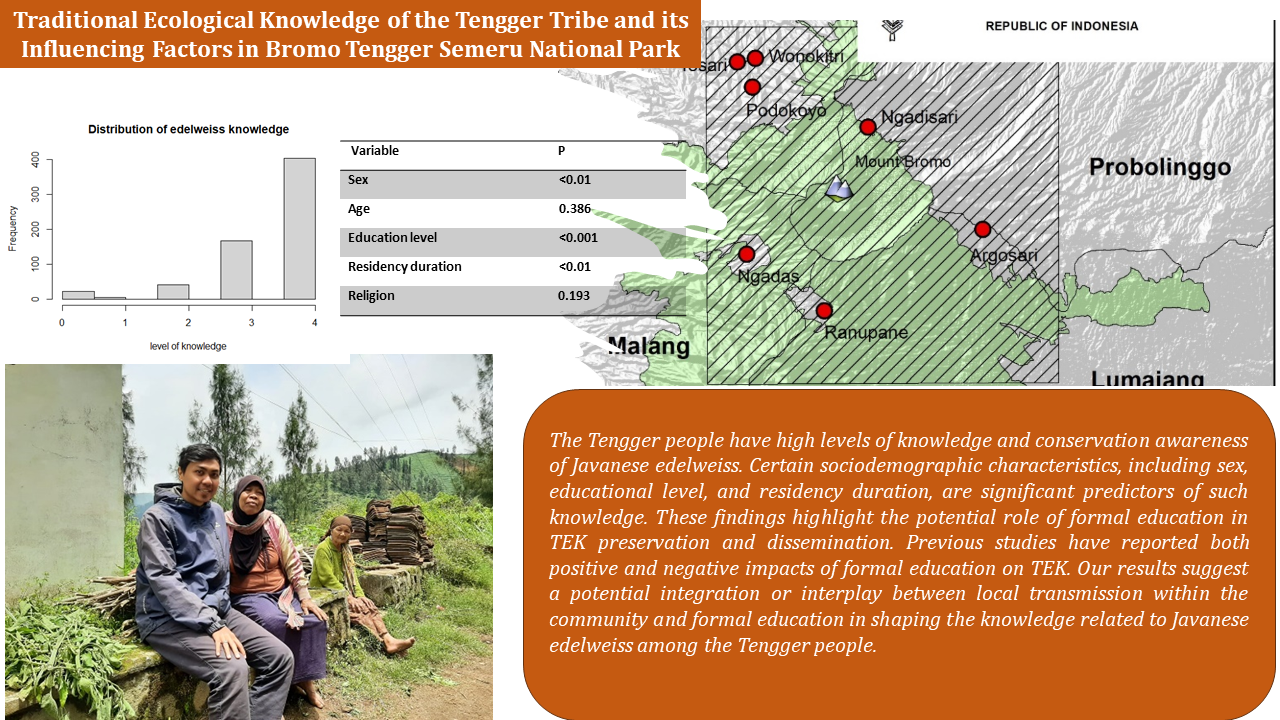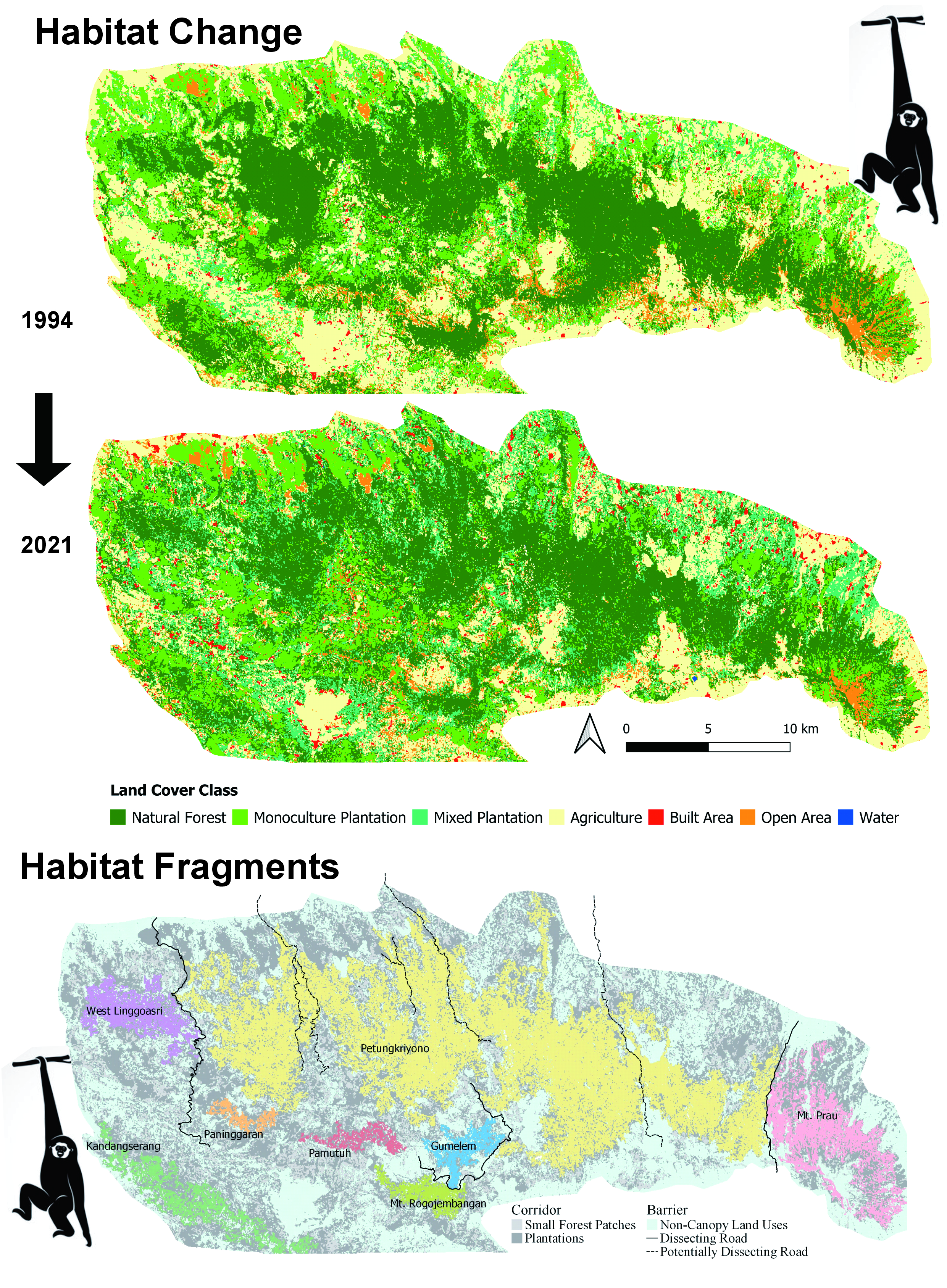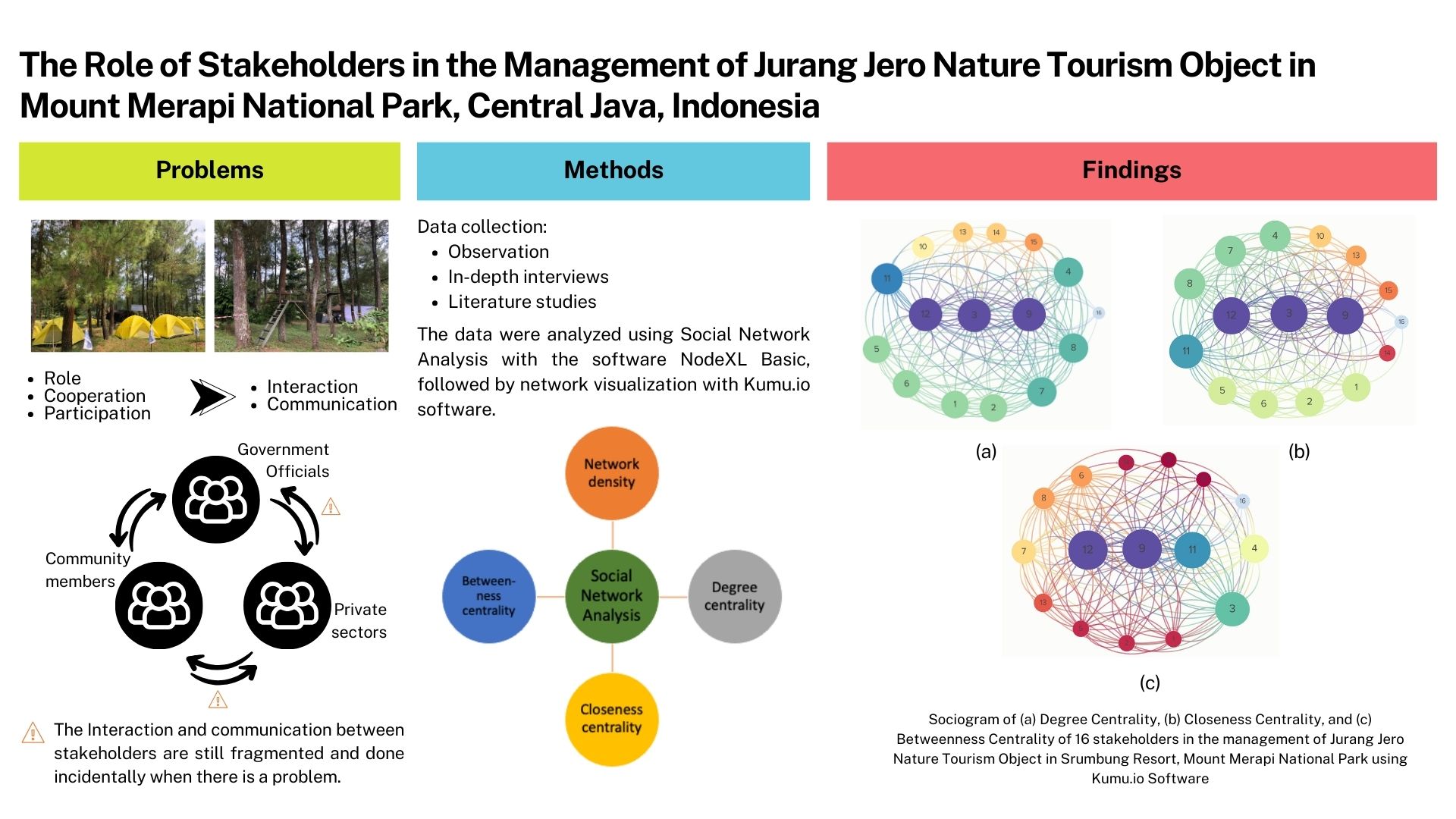Abstract
Residents of Raja Ampat, Papua, have been practicing sasi for generations to manage local marine resources. Recognizing its importance for marine resource conservation, efforts have been made to integrate sasi into current conservation management approach. This study was carried out with 3 objectives: (1) to define and elaborate sasi; (2) to examine the benefits of sasi for conservation of marine resources; and (3) to evaluate the change of sasi in the context of conservation. Multi-method approaches were employed to collect data from local communities in Dampier Strait District MPA in two separate sampling periods. Results indicated that sasi in Raja Ampat could generally be categorized into samson or kabus which basically reflect different aspects such as location, type of commodity, implementing ceremony, period of closure, the influence of monsoons, and communal ownership. The benefits identified included the increase in target fish production, the lowered level of exploitation, the improved recovery of fish stocks, and the increase in the local people's income. From the modern conservation management point of view, it was obvious that sasi could help protect and sustain marine biological resources. Therefore, it is essential to incorporate sasi into modern conservation management practices and vice versa.
Authors
BoliP., YuliandaF., DamarA., SoedharmaD., & KinsengR. (2014). Benefits of Sasi for Conservation of Marine Resources in Raja Ampat, Papua. Jurnal Manajemen Hutan Tropika, 20(2), 131-139. Retrieved from https://jurnal.ipb.ac.id/index.php/jmht/article/view/8446
Jurnal Manajemen Hutan Tropika is an open access journal which means that all contents is freely available without charge to the user or his/her institution. Users are allowed to read, download, copy, distribute, print, search, or link to the full texts of the articles in this journal without asking prior permission from the publisher or the author. This is in accordance with the Budapest Open Access Initiative (BOAI) definition of open access.




